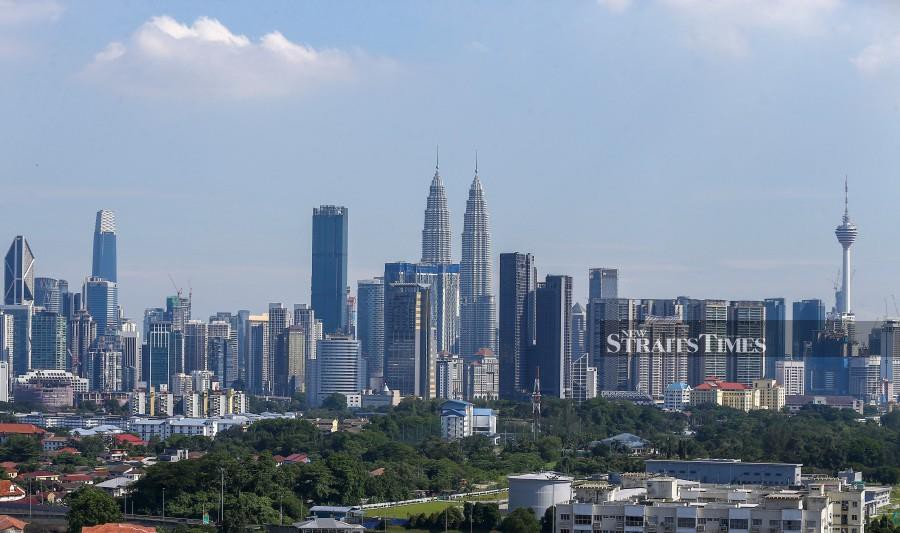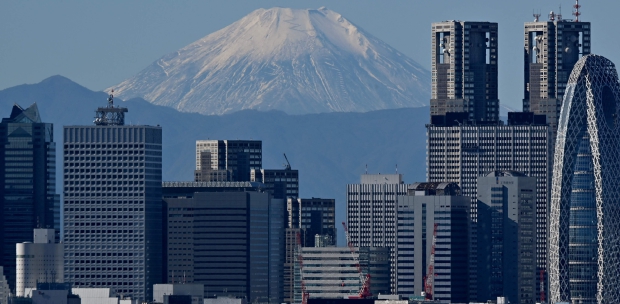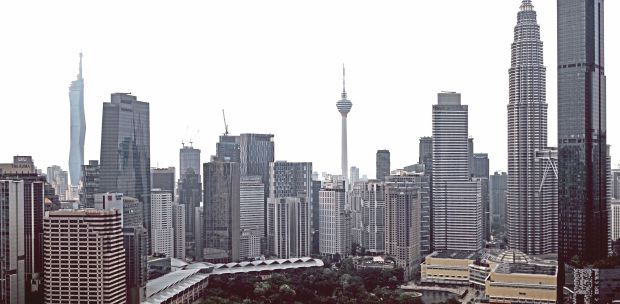Black Tuesday (Oct 29) triggered the Great Depression in 1929. World gross domestic product (GDP) fell by about 15 per cent from 1929 to 1932, the largest economic crisis in the last 100 years.
On the contrary, world GDP fell by one per cent in the Great Recession from 2007 to 2009.
Last year, Covid-19 brought down world GDP by 5.9 per cent. The World Bank projects that the downfall will be -3.2 per cent this year and -1.8 per cent next year.
The Great Depression is still the largest world economic crisis in living memory.
Thus, many countries can be cautiously optimistic about restoring their socioeconomic wellbeing to pre-Covid levels in 2023.
The recovery efforts in the Great Depression had two opposing school of thoughts.
Economist John Maynard Keynes said an economic contraction happened because of a serious shortfall in aggregate demand.
Therefore, governments must inject financial resources to boost mass consumption, which will then stimulate mass production and increase employment and earnings.
However, the Austrian school of thought led by Friedrich Hayek countered that a free market mechanism in itself could restore the economy.
United States President Franklin D. Roosevelt intervened with two stimulus packages: the New Deal in 1933 to 1934 and the second one in 1935 to 1936 to boost the purchasing power of Americans.
Roosevelt's efforts succeeded remarkably well with the strong tailwind of World War 2.
Hence, Keynes was correct. What lesson can we draw from the role of governments during this unprecedented pandemic?
The most important lesson is that our country must not be afraid of pumping more money into the economy.
As I have suggested earlier, the minimum scale of cash injection is six per cent of GDP. The cash is crucial for two aspects.
The first one is that the cash can at least restore people's purchasing power. This is crucial because the earnings of most people have fallen critically since the outbreak.
Also, many households in the B40 income group can barely survive.
Those who are destitute have either died or are living in life-threatening conditions.
SARS-CoV-2 will likely continue to devastate our livelihoods in the months ahead. Hence, a cash transfer to every person will be a lifeline.
The second aspect has three conditions: a cash handout period for 12 months; the amount of the monthly cash transfer must be proportionally determined in accordance with the household median income in the B40, M40 and T20 groups; the cash is transferable between recipients, but the money must be used to buy food, beverages, health supplements and personal hygiene products.
How much cash then?
Each household in the M40 and T20 groups should receive 40 per cent and 20 per cent respectively of the cash amount for households in B40.
The total cash transferable per month is RM7 billion, or RM84 billion for 12 months, which is 6 per cent of GDP.
The execution of this cash injection programme is not complex.
I expect the conditions explained earlier — 12 months of cash handouts, transferability of cash between households and purchase of goods and services — will ensure that every household spends at least 95 sen for every ringgit.
Hence, the multiplier effect is 20 times of RM84 billion. This is realistic because every household can afford to buy essential goods and services, which induces production and creates more jobs and attracts more foreign direct investment.
These induced activities are part and parcel of the cycle that is the prerequisite for economic restoration.
The RM84 billion can restore our economy to pre-pandemic levels by the end of next year.
Every person can receive a bigger slice of the economic pie in 2023 and beyond.
The crisis is not about asking questions like "who will pay the RM84 billion?", "the national debt will snowball," or "in future, every person will refuse to pay the debt".
These questions are relevant, but not for now. Remember what Keynes said in 1942: "Anything we can actually do, we can afford."
The writer is a professor at Reitaku University, Tokyo, and has been teaching Southeast Asia studies, international economics, integration, development economics and Asian economy since 1983






